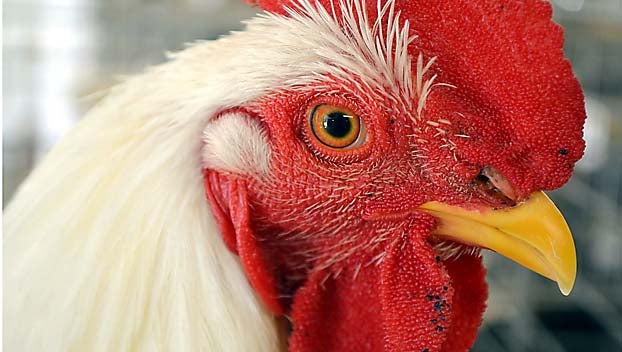The multi-billion dollar chicken business in Mississippi at heart of why state leaders repeatedly balk at tougher immigration rules
Published 11:44 am Thursday, August 22, 2019

- (stock photo)
Reeves drew the ire of groups like Hunt’s for sending the bill to a committee chaired by Democratic Sen. Hob Bryan of Amory, which meant certain death. “Lt. Gov. Reeves believes we need to do something to rid our state of illegal immigrants, but he respects the fact that the chairman listened to concerns expressed by (groups opposing the bill),” Reeves’ spokesperson, Laura Hipp, said at the time.
Bryan said he could not recall the bill’s specifics, although he said the presence of undocumented migrant workers in Mississippi still present concerns.
“It just doesn’t work to have large numbers of people living in the U.S. who are not citizens,” Bryan said, because it creates an opportunity for employers to exploit them.
The Pew Research Center estimates there were 20,000 immigrants living in Mississippi, a state with a population of just under 3 million, without authorization in 2017.
“You’ve got to have a situation where everybody is here as a citizen, and I don’t know how to get from point A to point B,” Bryan said. “None of the solutions are pure enough for the pure.”
The attempt to pass a papers-please bill actually started one year earlier, when Bryant presided over the Senate as lieutenant governor and Democrats still controlled the House. A similar bill passed both chambers but died when the House and Senate could not work out differences before lawmakers adjourned.
In each instance, the bills met strong opposition from the powerful and well-financed poultry industry.
Chicken is big business in Mississippi, which produces roughly 750,000 broiler chickens each year, making it the nation’s fifth largest chicken producing state. The state’s poultry industry, employing 25,000 people and generating more than $18 billion in economic activity, according to a Mississippi State University publication, makes up the greatest share of Mississippi’s agriculture economy.
The state has invested in the plants targeted by immigration agents, granting millions to local jurisdictions to make infrastructure improvements in exchange for promises to create new jobs. Peco Foods, Inc., and Koch Foods, two of the five poultry processing companies agents raided, have benefited from nearly $4 million in grants awarded by Mississippi Development Authority since 2009. Food processing company Koch, pronounced “cook”, has no relation to the politically influential “Koch brothers,” Charles and David Koch.
Several trade groups and organizations, including the Mississippi Economic Council, Mississippi Farm Bureau Federation, Mississippi Poultry Association, and several law enforcement agencies have vocally opposed anti-immigrant legislation.
More News

State officials say cause of propane tank explosion that killed four is ‘undetermined.’ Lawsuit against gas company moves forward.




